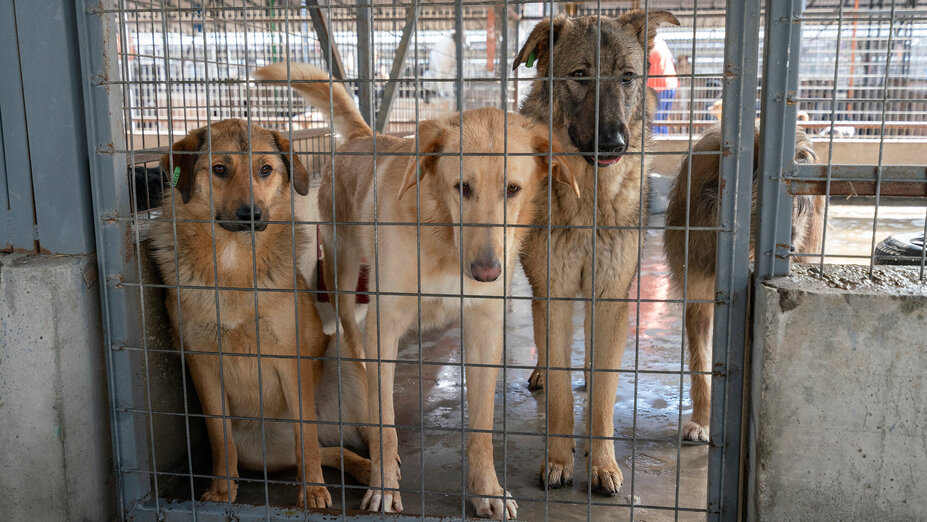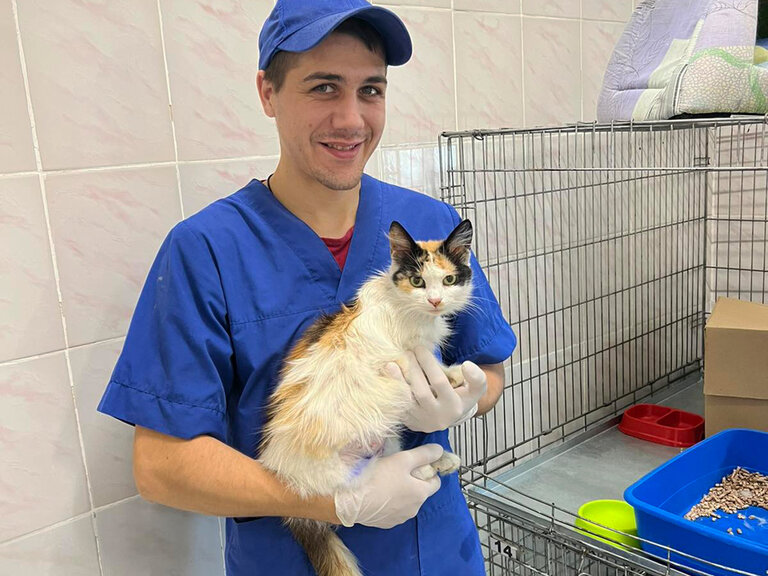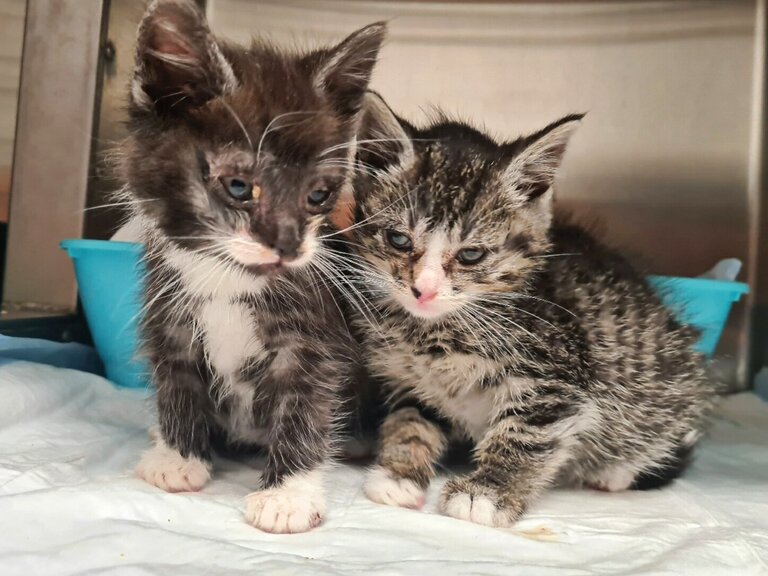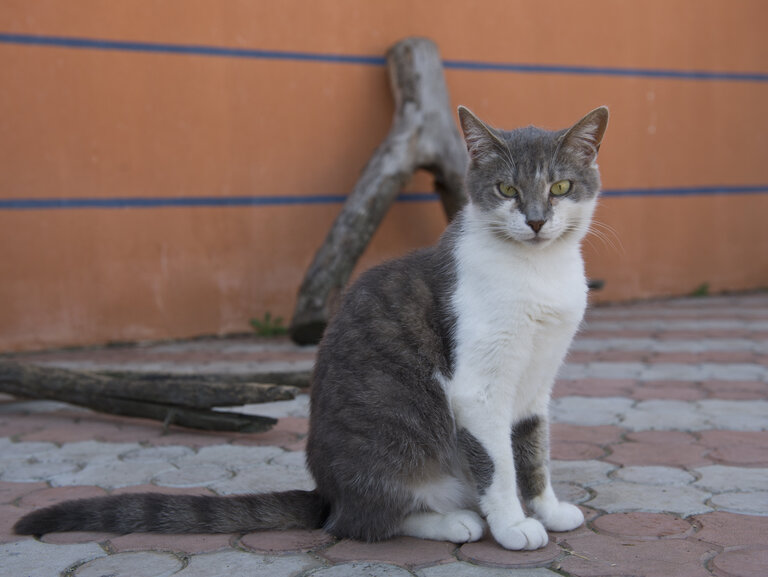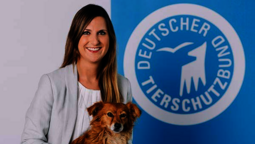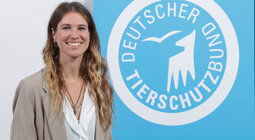With the aim of breaking the vicious circle of uncontrolled dog breeding in Romania, the German Animal Welfare Federation and its member association Tierhilfe Hoffnung have launched a pilot project. Over the next five years, the animal welfare activists want to work with the national and regional veterinary authorities to ensure that dog owners in Argeș County comply with their legal obligations as owners. Local vets will check and ensure that dogs are identified, registered and vaccinated against rabies. Animal Aid Hope will also be responsible for neutering dogs that have not yet been neutered.
In order to be able to carry out up to 40,000 castrations per year, Tierhilfe Hoffnung is relying on a new castration and registration center built for the project in addition to its castration mobiles. It is the first center of its kind in Romania that works according to an overall concept for street dogs developed for the country by the German Animal Welfare Federation and Tierhilfe Hoffnung. The concept shows that neutering is not only more humane, but also effective - unlike the cruel and unethical killing of street dogs. Since the "killing law" came into force in 2013, street dogs in Romania can be captured and killed after a holding period of 14 days.
"After more than 24 years of animal welfare work in Romania, most recently over ten years under the killing law, the model project we have initiated is a pioneering step," comments Matthias Schmidt, Chairman of Tierhilfe Hoffnung. "With this project, we are focusing on neutering the dogs that have a home. These animals reproduce uncontrollably and are constantly adding to the number of street dogs, which then run the risk of ending up in killing stations. If the number of dogs on the streets decreases as a result of the project, we hope that fewer street dogs will end up in the killing stations in future and that they can be released again after being castrated."
"Neutering is the key in the fight against the suffering and death of street dogs," adds Thomas Schröder, President of the German Animal Welfare Federation. "We are pleased and proud that the proposals we have drawn up for the pilot project are now being implemented. The aim must be to convert the more than 140 killing stations in Romania into castration and registration centers. This is the only way to get the dog population under control in a sustainable and animal-friendly manner."
At the opening ceremony of the Animal Aid Hope spay and neuter center, the director of the regional veterinary authority, Dr. Sorin Sorescu, emphasized the clear mandate to the authorities and veterinarians to ensure the identification and registration, vaccination and neutering of the dogs kept in the county. At the same time, the local authorities are also required to take responsibility for "their" street dogs. In Romania, it is now possible to register stray dogs with legal entities such as cities or local councils - which, in the best-case scenario, could also make it possible to re-release them. The re-release of street dogs after neutering is currently not permitted in Romania. As a result, more than 6,000 dogs are currently living in the "Smeura" animal shelter run by Tierhilfe Hoffnung.
Background:
The German Animal Welfare Federation, together with Tierhilfe Hoffnung, which runs the world's largest animal shelter "Smeura" in the county in Argeș, has been active in Romania for years on behalf of street animals. In discussions with politicians and veterinary authorities, the animal welfare campaigners advocate the principle of "catch, neuter, release". They are supported by German politicians, including Anette Kramme (Parliamentary State Secretary & Member of the Bundestag), who has accompanied the delegation trip for years, and now also by the German Embassy in Bucharest.
With a view to the model project proposed by Tierhilfe Hoffnung and developed together with the German Animal Welfare Federation, the Romanian veterinary authorities had initiated an amendment to the law in 2023 to strengthen compliance with obligations by dog owners in Argeș County. Although a nationwide obligation to neuter, identify and register dogs and to vaccinate owners against rabies has been in place since 2013, various socio-political factors are preventing implementation: reservations about neutering, poverty among the population, a lack of knowledge and a lack of controls, for example. Veterinarians and authorities in the Argeș district are now given an explicit mandate to implement the existing obligations as a result of the amendment to the law and the agreement for the pilot project. Local authorities are also required to finance neutering, marking and registration.

